The tiny Chihuahua, weighing no more than a bag of sugar, carries its lively personality on the most fragile canine frame in existence. Beneath those expressive eyes and quivering demeanor lies a skeletal system so delicate that veterinarians consider bone protection not just advisable but mandatory for this breed. Unlike sturdier dogs that romp without consequence, every leap from furniture or rough play session could mean months of rehabilitation for these diminutive companions.
Understanding the Chihuahua skeletal vulnerability begins with their evolutionary history. Developed as companion animals rather than working dogs, their bones never needed the density of terriers or shepherds. The breed standard calls for an "apple dome" skull - that adorable rounded head - which actually contains a molera or soft spot similar to human babies. This cranial fragility persists throughout their lives, making head injuries particularly dangerous. Their slender legs, sometimes no thicker than a pencil, support disproportionate weight during jumps, while their vertebrae are prone to luxating patellas and intervertebral disc disease.
Nutrition forms the bedrock of skeletal integrity. Many owners unknowingly sabotage their Chihuahua's bone health with inappropriate diets. These tiny dogs require precisely balanced calcium-to-phosphorus ratios - about 1.2:1 - to prevent metabolic bone disease. Unlike larger breeds where over-supplementation causes problems, Chihuahuas often need added bioavailable calcium sources like eggshell powder or bone meal. Vitamin D3 must be carefully measured since their small bodies can't regulate excess effectively. Perhaps most critically, protein quality matters immensely; muscle mass protects joints, and these athletic little dogs need premium animal proteins to maintain supportive musculature around their delicate frames.
The jumping dilemma presents one of the greatest challenges for Chihuahua guardians. That fearless leap from bed to floor? It transmits impact forces equivalent to a human jumping from a second-story window relative to body size. Orthopedic specialists recommend installing miniature ramps or steps for all furniture access, with carpeted surfaces to prevent slippage. Harnesses should always replace neck collars - a sudden jerk on leash could cause cervical vertebrae misalignment. Even playtime requires modification; tug-of-war games risk neck injuries, while ball chasing on hard surfaces leads to microfractures in those matchstick legs.
Weather extremes affect Chihuahua bones in surprising ways. Cold temperatures cause muscle stiffness that forces their delicate joints to absorb more impact during movement. Many develop arthritic changes by age five without proper protection. Sweaters do more than make fashion statements - they maintain pliable muscles that support skeletal health. Conversely, overheating leads to rapid dehydration, concentrating stress hormones that leach minerals from bones. Their small body mass can't buffer these fluctuations like larger animals, making climate control essential year-round.
Dental health directly impacts skeletal integrity through unexpected pathways. Chronic dental infections release inflammatory markers that circulate through the bloodstream, gradually eroding bone density throughout the body. Given that over 80% of Chihuahuas show periodontal disease by age three, daily teeth brushing becomes a bone-protection strategy. Veterinary dentists note that jawbone deterioration from dental disease often precedes spinal issues, as the entire skeletal system suffers from persistent inflammation.
Innovative protective gear has emerged specifically for fragile toy breeds. Custom-fitted orthopedic shoes with shock-absorbing soles reduce impact forces during walks. Compression shirts lined with medical-grade thermoplastic stabilize the rib cage while allowing full movement. Some rehabilitation centers now use hydrotherapy treadmills heated to precisely 92°F - the ideal temperature for maintaining Chihuahua muscle elasticity. Perhaps most crucially, memory foam bedding conforms to their bodies, distributing weight evenly during sleep to prevent pressure points that could lead to circulation-related bone degeneration.
Preventive veterinary care requires specialized approaches for this breed. Standard x-rays often miss hairline fractures in Chihuahuas due to their fine bone structure; digital radiography or CT scans provide better diagnostics. Blood tests should monitor alkaline phosphatase levels - elevated readings indicate bone turnover problems before clinical signs appear. Many veterinarians now recommend biannual DEXA scans after age seven to track bone mineral density, similar to human osteoporosis screening. These measures catch degenerative changes while still reversible through nutrition and physical therapy interventions.
The emotional component of bone health is frequently overlooked. Chronic stress floods a Chihuahua's system with cortisol, which actively demineralizes bones over time. Their sensitive nature means loud households or chaotic routines literally weaken their skeletal structure. Behaviorists recommend designated quiet spaces with pheromone diffusers, predictable daily schedules, and positive reinforcement training to minimize stress hormones. A relaxed Chihuahua isn't just happier - their bones remain denser well into old age.
Senior Chihuahuas present unique challenges as their bones become more brittle while their spirited personalities remain youthful. Ramps should replace all stairs, including single steps they previously navigated easily. Orthopedic memory foam beds with low edges prevent awkward maneuvering that could cause fractures. Many elderly Chihuahuas benefit from canine chiropractic adjustments to maintain proper alignment, as accumulated microtraumas from a lifetime in a fragile body begin manifesting. Surprisingly, controlled exercise remains crucial - non-weight-bearing activities like swimming maintain muscle tone that protects weakening bones.
Ultimately, protecting a Chihuahua's bones demands constant vigilance wrapped in gentle care. Unlike hardier breeds where occasional lapses cause no harm, every precaution matters for these delicate creatures. From customized nutrition to climate-controlled environments, from stress reduction to specialized veterinary care - each element combines to let that tiny body safely contain its enormous spirit. The reward comes in watching your Chihuahua age with grace, their steps remaining light and pain-free because you honored the profound responsibility of safeguarding such exquisite fragility.
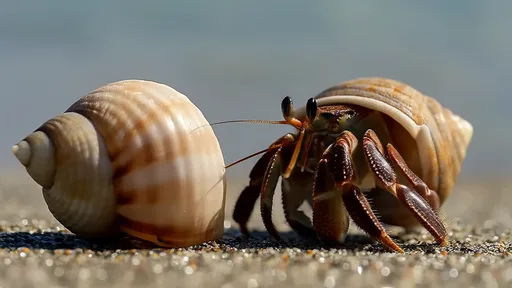
By /Jun 28, 2025

By /Jun 28, 2025
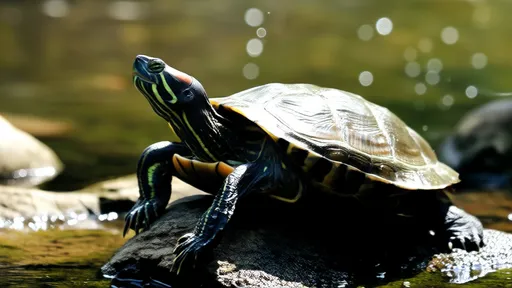
By /Jun 28, 2025
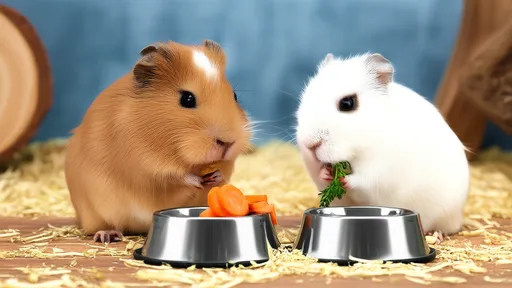
By /Jun 28, 2025
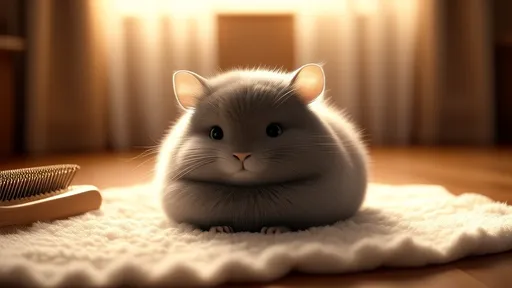
By /Jun 28, 2025

By /Jun 28, 2025

By /Jun 28, 2025

By /Jun 28, 2025
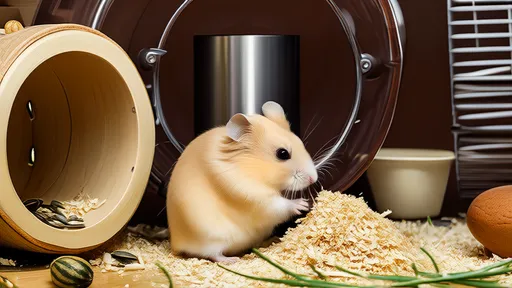
By /Jun 28, 2025
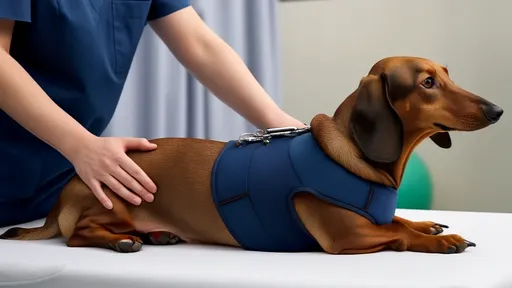
By /Jun 28, 2025
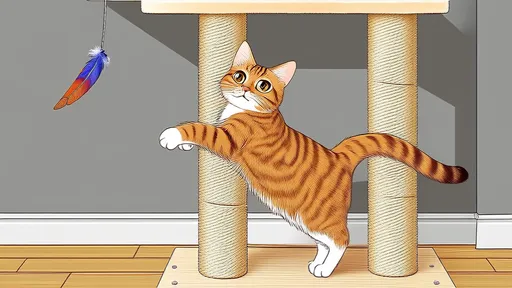
By /Jun 28, 2025

By /Jun 28, 2025

By /Jun 28, 2025
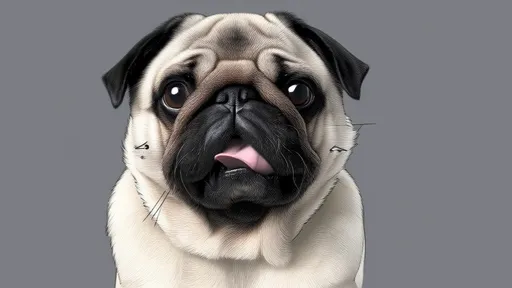
By /Jun 28, 2025
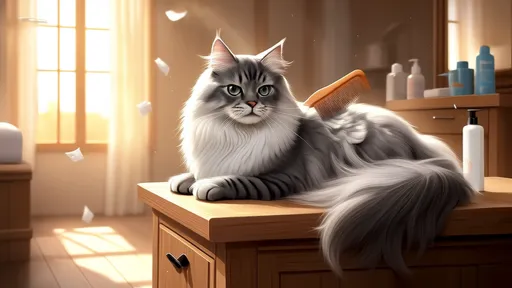
By /Jun 28, 2025

By /Jun 28, 2025

By /Jun 28, 2025
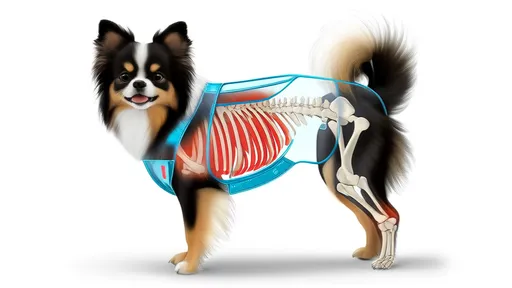
By /Jun 28, 2025